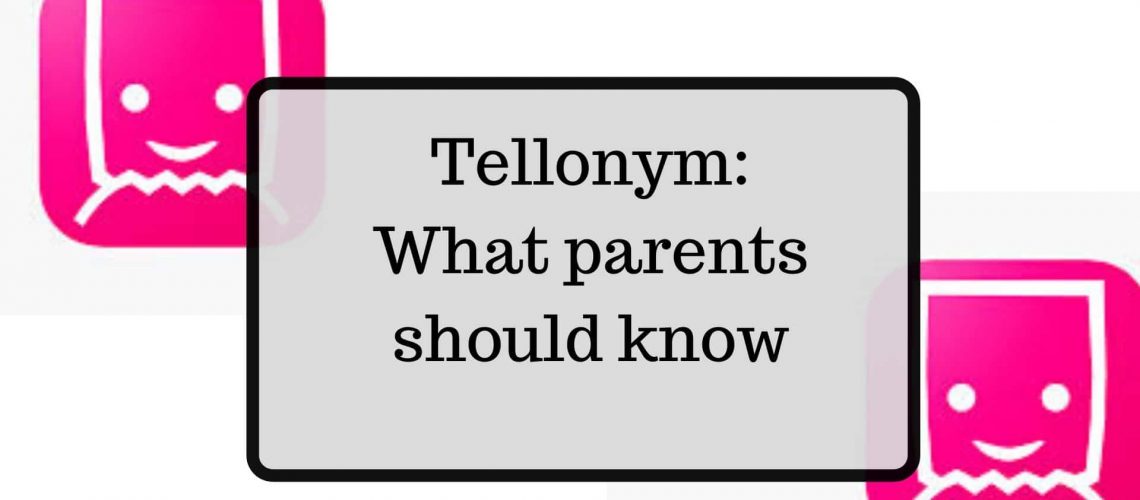Tellonym is another app doing the rounds, part of a growing list of anonymous question and answer feedback apps.
Tellonym has been around since 2016 and has over 13 million users worldwide and seems to be gaining more traction here in Australia.
When educating parents about the new apps making their way onto the devices of young people, I always stress that it is not simply the app itself that makes something dangerous, but it’s the behaviour of those using the app that determines its safety and whether one’s experiences on the app are positive.
But there are some types of apps that I find more problematic based on their very nature. Anonymous question and answer apps such as Tellonym are on the ‘dodgier side’ for me. Apps that have users ask for feedback on themselves by anonymous members of society are certainly asking for trouble. And whilst some can see it for what it is and not get caught up in any negativity, many users are not so clear on the impact of allowing anonymous users to have an input into their lives or play a role in determining their sense of self worth.
How does Tellonym work?
Users register by using either an email address or phone number. Users create a non anonymous profile where they put it out to others to “tell” or answer their questions. If the user decides to respond to that person who has anonymously given feedback then that message and subsequent “tells” appears on their feed. The app can be linked to a users Snapchat, Twitter or Instagram accounts and so they can also be contacted via those apps.
The good about Tellonym?
The creators have described this app as the most honest place on the internet, designed to be a bit of fun. Like all apps and social networks it can be used for good and the premise for this app is that it can give open and honest feedback that will ignite open and honest conversation.
The bad and the ugly of Telllonym?
The open and honest feedback however, can be brutally honest. And of course we know that with anonymity can come a little more courage and bravado as people have a tendency to say things one may not be so willing to communicate in a face to face conversation. Feedback can also be very sexualised by nature, violent or threatening. There have also been numerous reports of young people being told to kill themselves. So of course anytime you are asking for anonymous feedback from friends, foe or complete strangers….one must be wary of the responses and the importance they place on those answers.
What safety features does Tellonym have?
The app creators report blocking 85% of the messages that violate their terms. They also report to having a filter system to block messages that violate codes of conduct as well as a team of moderators to handle complaints. Users can block other users and report inappropriate content. They can also filter out negative content by typing in words they don’t want to receive on their feedback via the word filter. You can also head to the privacy settings to set up safety levels via a sliding scale on things such as sexual harassment, offenses level and spam level.
What are the other anonymous apps out there?
Tellonym is certainly not the first (and won’t be the last) anonymous app. Others have included Omegle, Yolo, Ask.Fm, Qooh.me, Yik Yak and Sarahah. The latter two were shut down due to controversy around bullying and threatening behaviours.
Are their age restrictions on Tellonym?
The app store says you need to be 17 years, but their terms of service state users must be 13. So there is certainly some confusion there. When signing up the app will ask you if you are under 16 in which case it asks need a parent to confirm the registration.
At the end of the day, whilst you may well find out a whole lot of people that think great things about you, there’s a high probability you are going to find out stuff you didn’t care to hear. And despite hearing a whole lot of good stuff we know it only takes one negative comment to send some into a downward spiral.
So use with caution. Provide plenty of opportunities away from the screens for you kids to build their self worth and have opportunities to engage with activities and people that lift them up. Have the conversations with your kids about who they are allowing to make judgements on themselves and who they are giving the right to determine their self worth and wellbeing.

